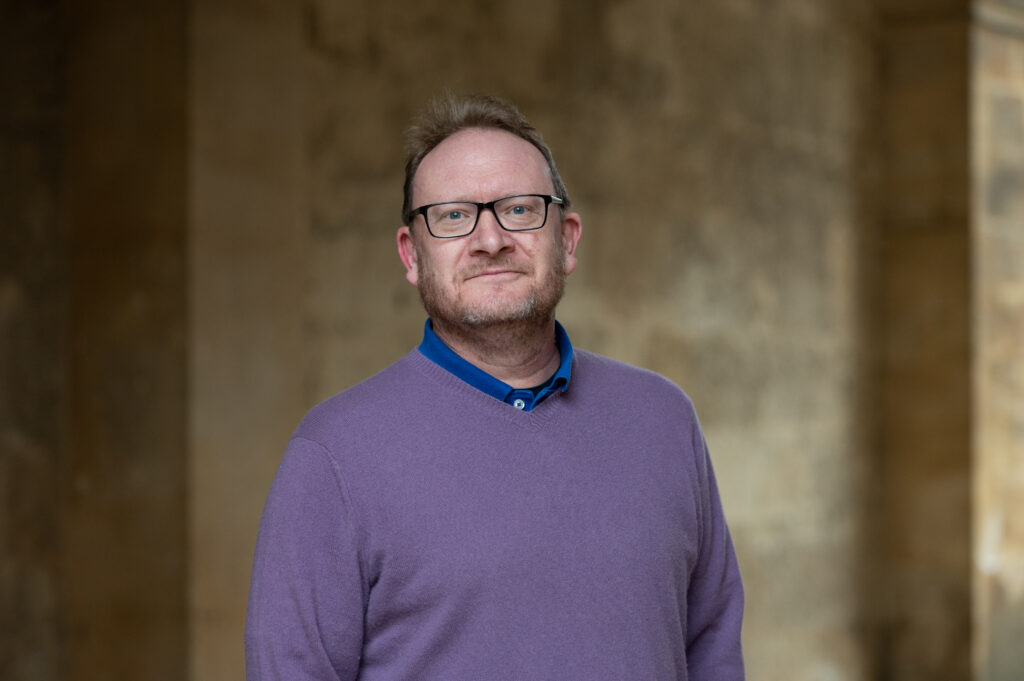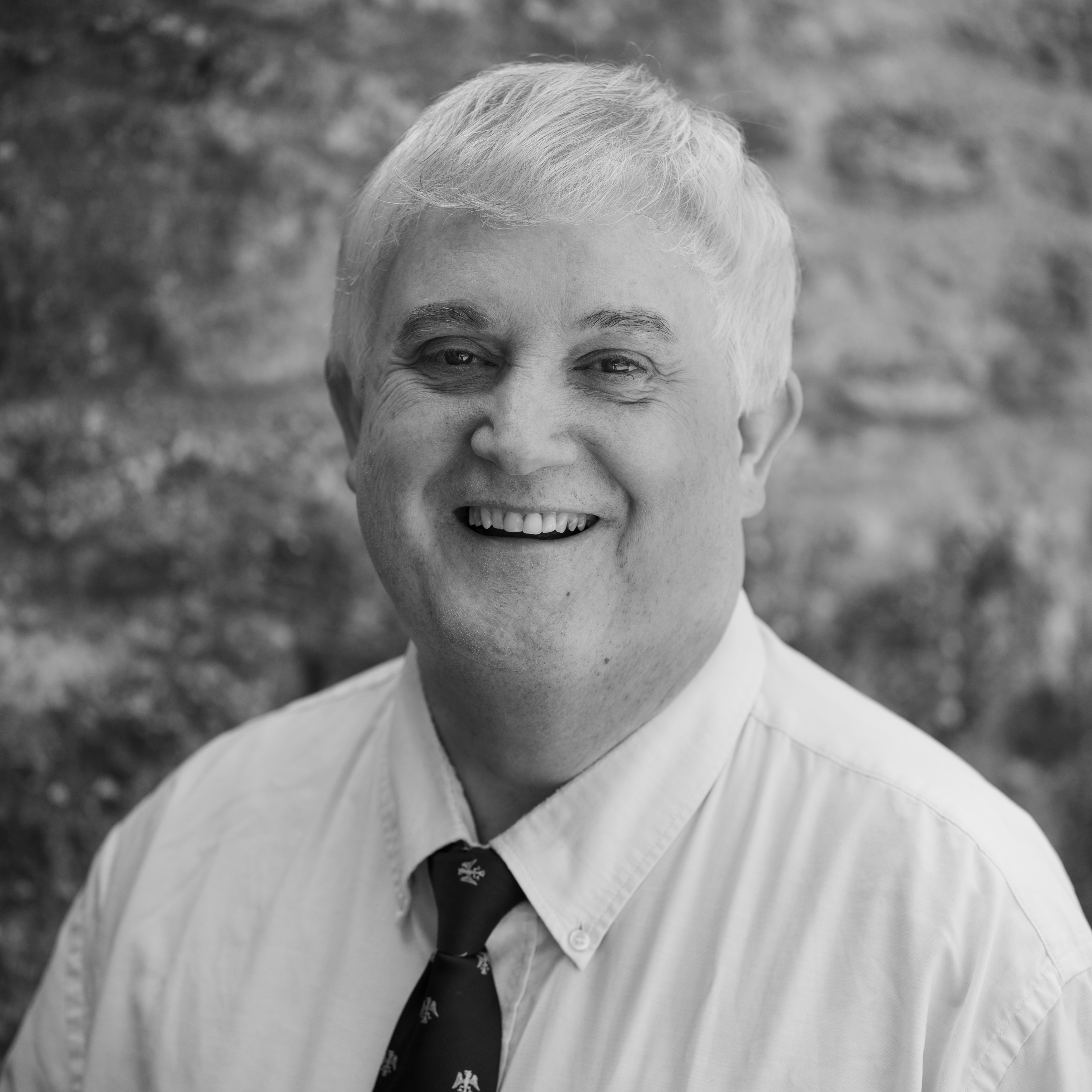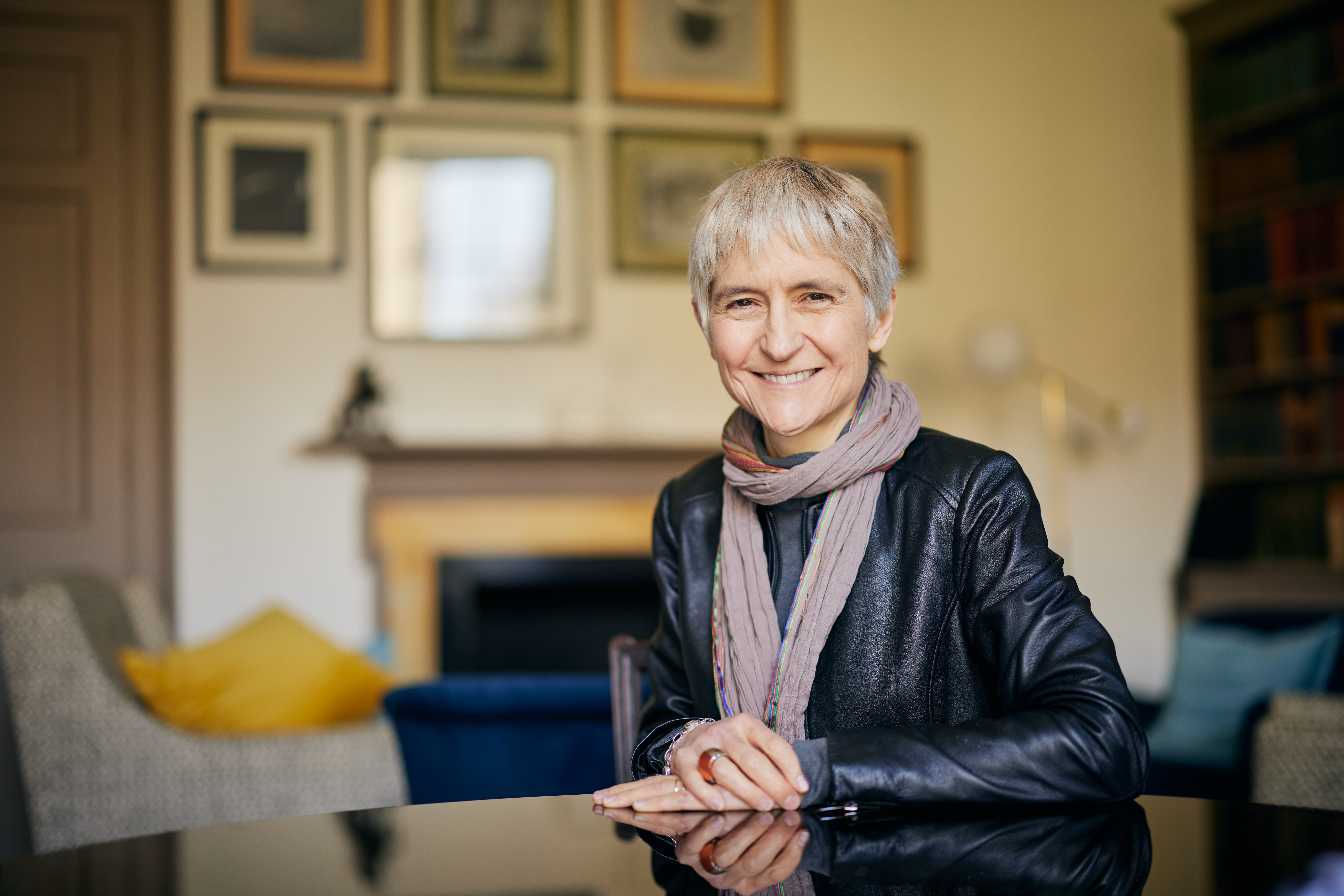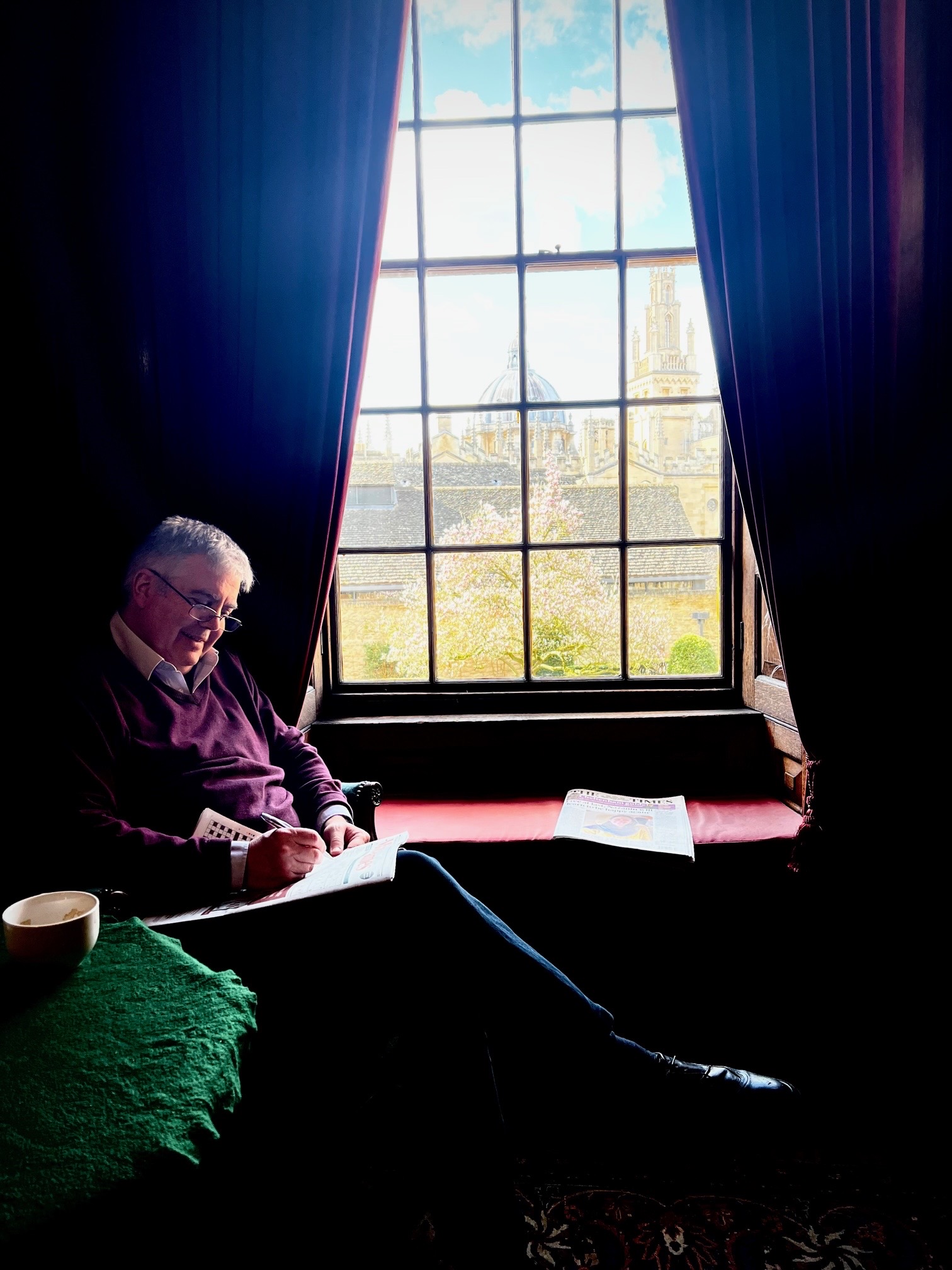Fellow in Inorganic Chemistry Prof Simon Aldridge has been selected to receive a Humboldt Research Award in recognition of the award winner’s entire academic record to date. In addition, award winners are invited to carry out research projects of their own choice in cooperation with specialist colleagues in Germany.
The Alexander von Humboldt Foundation sponsors distinguished international scientists and scholars irrespective of their academic discipline or nationality and maintains an international network of academic cooperation and trust. We caught up with Professor Aldridge to ask him about winning the award and a few other things.
What does it mean to you to receive a Humboldt Research Award?
An awful lot – it’s always nice to have your work (or more accurately that of your research group) recognised – all the more so when it is by an academic institution from outside your own country.
What research project will you be undertaking in Germany?
The visits to Germany will allow us to push forward on a couple of new projects – particularly some aluminium chemistry we have been targeting – by making use of the expertise of the groups in Berlin and in Würzburg who are hosting me.
You have previously spent time in both the USA and Australia on research visits. How important do you think it is to be able to collaborate with colleagues in person during residential research visits afforded by initiatives such as the Humboldt award?
I think this is a critical aspect of scientific collaboration – the ability to sit down and discuss ideas with international experts is really key to getting new projects off the ground. It’s something I’ve really missed during the pandemic. The Humboldt programme is a fantastic opportunity in this regard – it’s a shame we don’t have something similar in the UK to bring international people into our country.
What are you looking forward to doing when you go to Germany?
Having the ability to travel round a number of institutions and talk to people in my field across Germany.
What aspect of Chemistry do you enjoy teaching to undergraduates the most?
Tutorial teaching can be very rewarding – I enjoy this a lot – particularly the subject areas closely connected with the group’s research interests.
Your research interests lie in organometallic chemistry (the chemistry of compounds featuring bonds between carbon and a metal). What real world problems can be addressed by examining applications of new compounds?
A very important question! A lot of what we do targets applications in catalysis – the development of processes for converting one set of chemical compounds into a more useful set of compounds, while minimising waste and energy consumption.
What are you reading at the moment?
Bill Bryson – I seem to read Notes from a Small Island every few years.
What is your favourite place in Oxford (other than Queen’s of course…)?
Good question – Port Meadow I like very much (with my family), Oxford RFC (with my son) and the Rose and Crown (with anyone…).



